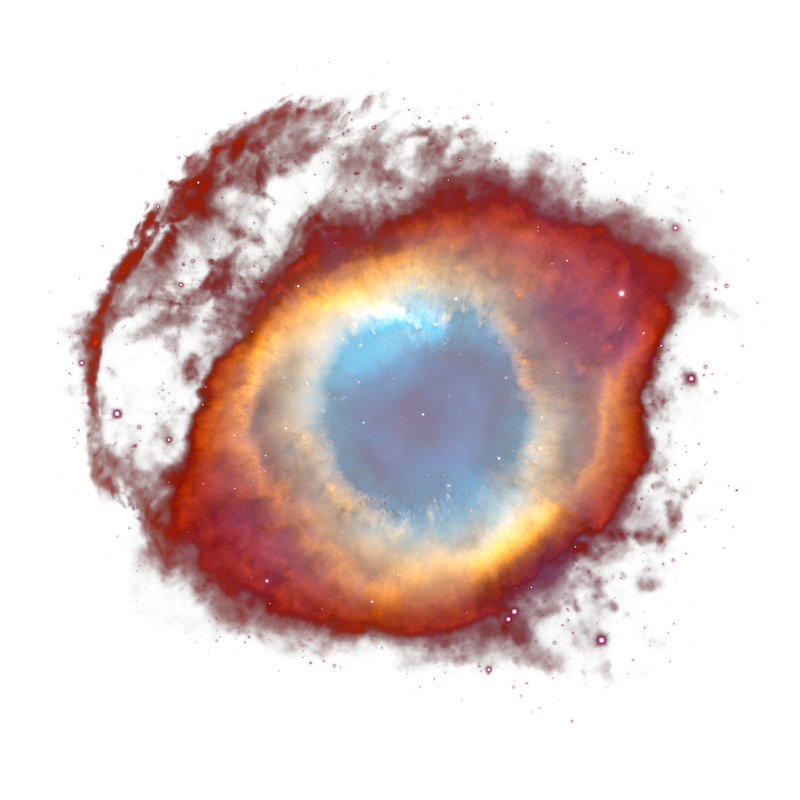- cross-posted to:
- space@mander.xyz
- cross-posted to:
- space@mander.xyz
…Earlier this century, some very strong evidence arrived showing that there was a Universe before the Big Bang, demonstrating that the Big Bang wasn’t truly the start of it all…
…The differences between a Universe that began with a hot Big Bang and a Universe that had an inflationary phase that precedes and sets up the hot Big Bang are subtle, but tremendously important…
…in a Universe that underwent a period of inflation prior to the start of the hot Big Bang, we’d expect there to be density fluctuations on all scales, including on scales larger than the speed of light, which could have allowed a signal to travel since the start of the hot Big Bang…
Although later fluctuations superimpose themselves atop the older, earlier, larger-scale fluctuations, inflation allows us to start the Universe off with ultra-large-scale fluctuations that shouldn’t exist in the Universe if it began with a Big Bang singularity without inflation.
…At any moment in the Universe’s history, there’s a limit to how far a signal that’s been traveling at the speed of light since the start of the hot Big Bang could’ve traveled, and that scale sets what’s known as the cosmic horizon…scales that are greater than the horizon, known as super-horizon scales, are beyond the limit of what could’ve been caused by physical signals generated at or since the start of the hot Big Bang.
…When we look at the final (2018-era) Planck TE cross-correlation data, below, the results are breathtaking…As you can clearly see, there can be no doubt that there truly are super-horizon fluctuations within the Universe, as the significance of this signal is overwhelming. The fact that we see super-horizon fluctuations, and that we see them not merely from reionization but as they are predicted to exist from inflation, is a slam dunk: the non-inflationary, singular Big Bang model does not match up with the Universe we observe.


Personally I believe that everything has a beginning and an end, except time and space, which are going to be infinite. For that reason, I think it’s more likely that our universe just goes on to infinity, and that we can only watch back X billions of years because of event horizon phenomena.
But even if our universe was born with a big bang and thus finite, that doesn’t mean that it was the only big bang ever. If big bangs are a thing, then there’s going to be a infinite amount of them happening in the infinity of time and space, each one filling their humongous little corner of space with uncountable galaxies. We might not be able to see/detect stuff further away than what we call the universe, but that doesn’t mean that there is nothing outside of our universe.
What if the Milky Way is actually the literal center of the universe, and that’s why everything is red shifting so uniformly? And we are still in the initial expansion of the universe.
It’s the same old fallacy that people have been making since time immemorial: Our tribe is the chosen tribe and the world is as big as what we know of it.
Or much later, once smart people figured out that we were living on a planet, the assumption was made that our planet was the center of everything, with the sun rotating around the earth: Geocentrism.
And then when they figured out that that probably wasn’t the case, there came a theory that everything in space evolved the sun: Heliocentrism.
So now that we know that both geocentrism and heliocentrism were incorrect hypothesises, we’re just going to make the same mistake and assume that the milky way is the center of everything? Our horizon may have moved, but we’re no smarter than those Greek philosophers who thought that the earth was the center of everything.